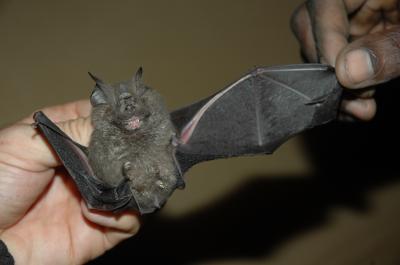Subscribe to the newsletter
[x]
Stay in touch with the scientific world!
Know Science And Want To Write?
Apply for a column: writing@science20.com
Donate or Buy SWAG
Please donate so science experts can write
for the public.
At Science 2.0, scientists are the journalists,
with no political bias or editorial control. We
can't do it alone so please make a difference.
We are a nonprofit science journalism
group operating under Section 501(c)(3)
of the Internal Revenue Code that's
educated over 300 million people.
You can help with a tax-deductible
donation today and 100 percent of your
gift will go toward our programs,
no salaries or offices.
- Electric Cars Have Killed Nissan
- If You Like Thanksgiving, Thank Capitalism
- Queer Death Studies And Shrimp: Welcome To Humanities Academia
- Fake Cheese, Now With More Climate Justice
- Marijuana For ADHD?
- How QbD Can Drive Innovation And Quality In Pharmaceuticals
- Putting Einstein To The Test With LISA. A Space Based Gravitational Wave Telescope
Interesting insights from outside Science 2.0
Who's
Online?
Online?
© 2024 Science 2.0







